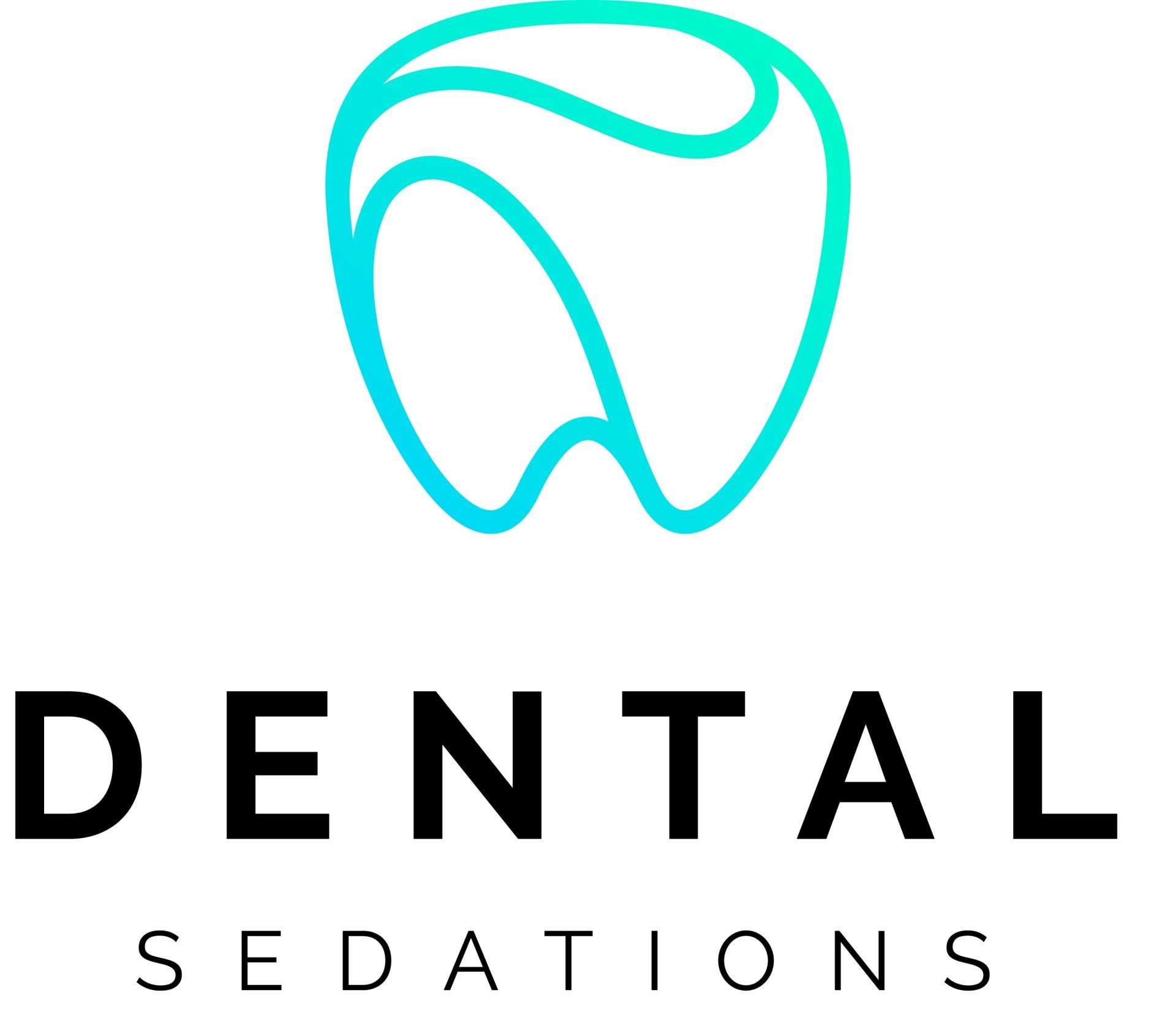Dental SedationWe provide a conscious Dental Sedation service
Dental sedation:
We provide a visiting sedation service for oral and IV sedation and accept referrals for inhalation sedation. To ensure safety for our patients the practices we work with
- MUST have up-to-date emergency drugs
- Should have serviced oxygen cylinders
- A Defibrillator at the dental practice
- Practices should ensure patients follow mandatory requirements, i.e.Chaperone, Private car/taxi to take home
- We provide all relevant paperwork
- Practices should follow all regulations relevant to sedation. Please refer to the 'Standards for Conscious Sedation in the Provision of Dental Care' (Report of IACSD, 2020).

Clinical Hypnotherapy

Hypnotherapy is a form of therapy that harnesses the power of positive suggestion to bring about subconscious change to our thoughts, feelings and behaviour. The process itself aims to alter our state of consciousness in a way that relaxes the conscious part of the mind while simultaneously stimulating and focusing the subconscious part. This heightened state of awareness, reached using skilled relaxation techniques, allows the therapist to then make appropriate suggestions.
It has the common misconception that hypnosis means the person being hypnotised loses control. Practiced appropriately, it is a powerful means of helping patients enhance their own control over a variety of symptoms.It is a safe, efficient and effective tool to reduce symptoms for a multitude of conditions.
Anyone who has the ability to focus and concentrate can undergo hypnosis.
Hypnosis can be very successful and carries very few side effects. There is a growing evidence base for the successful use of hypnosis in a variety of problems such as chronic pain and anxiety.
Hypnosis can be used to treat a selection of dental symptoms such as the following:
- Dental Anxiety- relaxation
- Dental Phobia – Specific phobias e.g- General dental, needle, drill etc.
- Needle Phobia- painful injections
- Fear of Panic Attacks
- Sensitive Gag Reflex
- Fear of choking
- Clenching and Grinding
- Atypical Facial Pain
- Parafunctional habits- e.g. Bruxism, tongue thrusting.
- Modification of other unwanted oral habits (e.g thumb sucking, nail biting etc).
- Acute Pain Control.
- Chronic Facial Pain.
- TMJ dysfunction.
- Compliment Inhalation/intravenous/oral sedation.
If you are unsure if your problem is suitable for dental hypnosis, you are more than welcome to come for a consultation to discuss this.
Initial Consultation
– 20 minutes to discuss suitability, what hypnosis can do for the patient, and a brief history of the problem.
First Hypnosis session
– The session lasts 60 mins. Full history will be completed along with other paperwork, plus first experience of hypnosis and relaxation.
Subsequent sessions
– 45 minutes. This will be when the therapy takes place. Treatments usually last for 2-4 hypnosis sessions, each lasting between 30-60 minutes. You will be required to complete your own self-hypnosis work to practice between sessions.
A chaperone will be present in the room for all hypnosis sessions as well as the dental hypnosis therapist.
The results of hypnosis are long lasting and once treatment is complete you may only have to come for top-up sessions if you feel you need them.
How many sessions will I need?
The number of sessions will depend on the nature of the problem and the individual, no one size fits all, we are all differing human beings requiring differing levels of assistance. Lifelong problems may need a series of consultations.
Does everyone respond to hypnotherapy?
Hypnosis has the capacity to work for the majority of individuals but some are more susceptible to suggestions than others. The most important thing to remember is that you must be fully committed to the process and feel that you can place your trust in your hypnotherapist. It’s also important to keep an open mind, as any skepticism may subconsciously dampen your susceptibility.
How does clinical hypnosis work?
The subconscious mind is the source of many of our problems and self images. Our beliefs, habits and behaviours are stored as information. The subconscious is a tremendous reservoir of our unrecognised strengths and knowledge.
Hypnosis is a natural and effective technique for accessing the subconscious mind – the key to unleashing our potential, changing our unwanted habits and behaviours and finding solutions to our problems and concerns.
What happens in a hypnotherapy session?
The initial task of the clinical therapist is to establish rapport with the client. This involves encouraging the client to talk about his or her concerns. The therapist would spend time with the client first to take a clinical history. As well as establishing a clinical record, the discussion contributes to building trust and confidence between the therapist and the client. Feeling safe, comfortable and secure with the therapist helps the induction of a hypnotic trance.
Goals for therapy are discussed and agreed and a full explanation of hypnosis is provided. Any questions or misconceptions about hypnosis would also be dealt with.
The first session usually lasts one and a half hours with subsequent sessions between an hour and an hour and a half.
Nobody can ever be hypnotised against their will and even when hypnotised, people still remain in complete control of any suggestions given.
The whole object of clinical hypnosis is to take back control that has been lost and which has therefore resulted in the symptom or problem.
